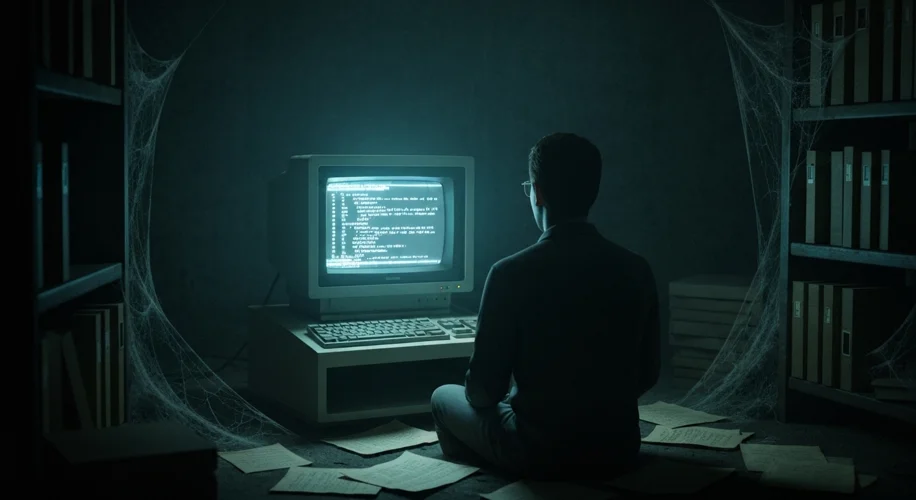It’s easy to get caught up in the daily news cycle, but sometimes it’s worth pausing to consider larger, more abstract questions. Today, I’m thinking about a hypothetical scenario: what if democracy completely collapsed, and all societies were ruled by force and fear?
As an archivist, my work has always been rooted in understanding how societies function, and how they’ve evolved. I’ve spent decades sifting through documents detailing everything from the earliest punch-card machines to the vast networks of the telegraph era. These historical records offer a unique lens through which to view humanity’s ability to adapt.
History shows us that periods of extreme societal stress aren’t entirely new. Throughout various epochs, from ancient empires to more recent times, governance structures have faltered, been overthrown, or devolved into more authoritarian models. What often persists, however, is the human spirit and our innate drive to connect, create, and find meaning.
Consider the early days of computing. These weren’t born in democratic, open societies; many were funded and developed within military contexts or during times of intense geopolitical tension. Yet, the fundamental drive to solve problems, to automate tasks, and to expand the reach of communication was present. Think of the ENIAC, built during World War II, or the early telegraph systems that connected continents even amidst political instability.
Even in systems designed for control, there’s often an unintended consequence of connection. The very technologies that could be used for surveillance or oppression – communication networks, data storage – also create pathways for information to flow. In my archival work, I’ve seen how suppressed documents, once unearthed, can reveal truths and inspire new ways of thinking. This principle, I believe, holds true even in darker scenarios.
If all governments ruled by force, our immediate survival instincts would likely take over. Communities would form, perhaps smaller and more localized, focusing on mutual aid and shared resources. This has been a pattern throughout history when larger systems fail. Think of how communities rebuilt after major wars or natural disasters.
Technology would undoubtedly play a role, both in perpetuating control and in offering avenues for resistance or simply for maintaining human connection. Perhaps decentralized, encrypted communication methods would become vital, echoing the early days of ARPANET’s design for resilience. The very tools that might be used to monitor populations could also be repurposed by individuals to share information, organize, or simply to keep in touch with loved ones.
What’s left for humanity in such a future? Our capacity for innovation, our need for social connection, and our drive to understand the world around us. These are not extinguished by the nature of governance. While the forms of interaction and creation might change dramatically, the fundamental human elements would likely endure, adapting to the new reality. It’s a somber thought experiment, but it underscores the resilience that has always been a hallmark of human history.

